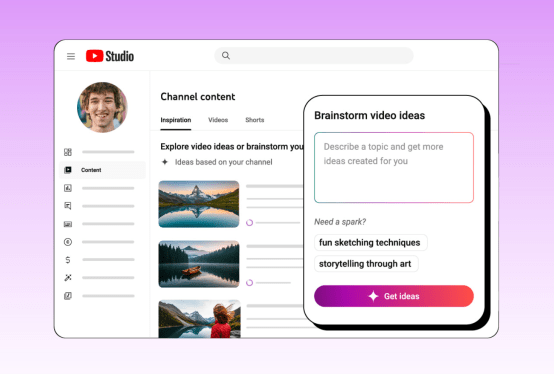On Sunday, California Governor Gavin Newsom signed a bill, AB-2013, that requires companies developing generative AI systems to publish a high-level summary of the data used to train their systems. This new law has sparked concern among AI vendors, with many hesitant to comply.
What Does the Law Require?
The summaries must cover several key points, including:
- Who owns the data and how it was procured or licensed
- Whether the data includes copyrighted or personal information
Industry Reaction
TechCrunch reached out to major players in the AI space, including OpenAI, Anthropic, Microsoft, Google, Amazon, Meta, and several startups. Fewer than half responded, with one vendor (Microsoft) declining to comment.
Only Stability, Runway, and OpenAI told TechCrunch that they would comply with AB-2013.
A Potential Problem for Vendors
The law’s disclosure requirements may be problematic for vendors trying to keep courtroom battles at bay. The law mandates that a range of potentially incriminating specifications about training datasets be made public, including:
- A notice indicating when the sets were first used and whether data collection is ongoing
- Information on who owns the data and how it was procured or licensed
A History of Controversy
The use of AI in various industries has been a topic of controversy for some time. The courts may end up siding with fair use proponents, deciding that generative AI is sufficiently transformative and not a plagiarism engine.
In this scenario, vendors might be able to avoid disclosures and potential lawsuits. However, if the law isn’t challenged or stayed, we’ll have a clear picture by AB-2013’s deadline just over a year from now.
Background
The use of AI has been on the rise in recent years, with applications spanning various industries. The development of generative models has led to concerns about data ownership and usage.
The courts have struggled to balance the benefits of AI with the potential risks associated with its misuse. In this context, AB-2013 is an attempt to provide clarity on data disclosure requirements for AI companies operating in California.
A Turning Point?
The signing of AB-2013 marks a significant turning point in the debate over AI regulation. As we move forward, it will be essential to monitor the impact of this law and its potential effects on the industry as a whole.
Related Topics
- AI: A rapidly evolving field with numerous applications across industries.
- Data Disclosure: The practice of sharing information about data usage and ownership.
- Fair Use: A legal doctrine that permits limited use of copyrighted materials without permission.
- Generative Models: AI algorithms capable of generating new content based on existing data.
Key Players
- OpenAI: A leading developer of generative models, including GPT-4.
- Stability: A startup working on AI applications in various industries.
- Meta: A technology company with a significant presence in the AI landscape.
Future Developments
The impact of AB-2013 will be closely watched as it sets a precedent for data disclosure requirements in California. As we move forward, it is essential to continue monitoring the effects of this law and its potential applications beyond the state’s borders.



